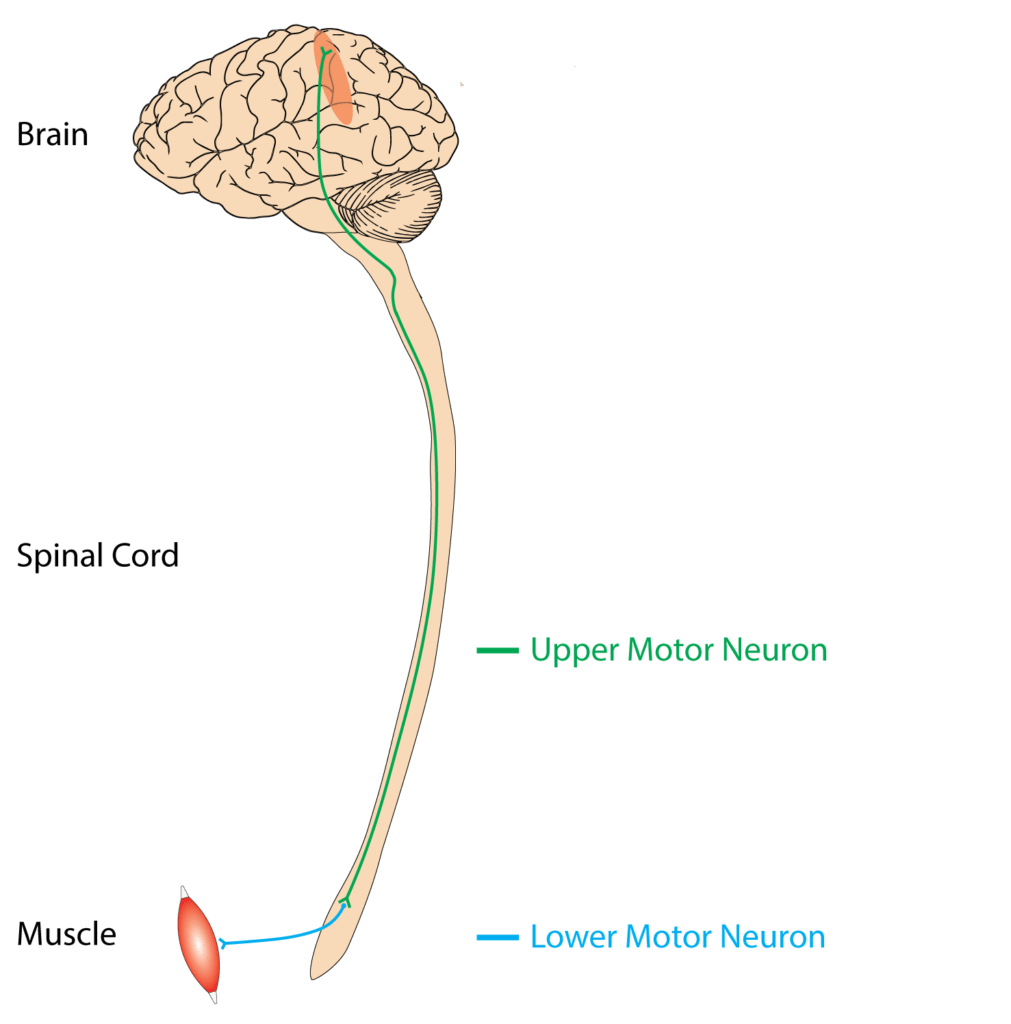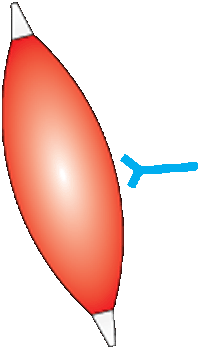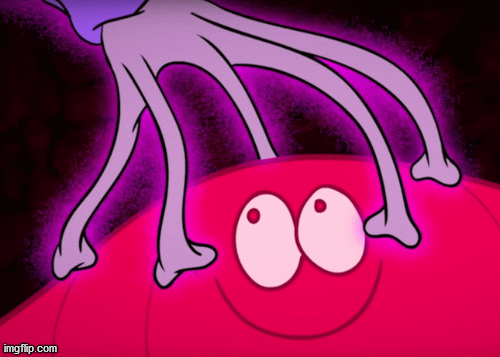
During strenuous exercise our muscles get tired. Sometimes to the point where they just stop working. We are not puffing and panting – it is just that the muscles feel like they are getting weaker. This post will explain why.
Before I give you the answer, I need to show you some biology. I will keep it simple and focussed so that you can impress your friends with your new found knowledge.
The Basics
For a muscle to do anything it needs a signal from the brain. This signal travels down very long cells called motor neurons.

https://commons.wikimedia.org/w/index.php?curid=74940488
The motor neurons stop just short of the muscle – there is a gap. This gap is what we are interested in for this post. The technical term for this gap is synapse.

What Happens at the Gap?
The signal that comes from the brain down the motor neuron is an electrical signal. The thing that makes the muscle contract is an electrical signal. However the electrical signal from the brain DOES NOT jump the gap (like lightning) and trigger the muscle.
Instead there is a whole bunch of chemistry that happens at the gap which takes the incoming electrical signal and uses it to release chemicals which eventually create an electrical signal in the muscle. See the image below.
Figure 2: Showing incoming electrical signal (top) starting a chemical reaction
On the motor neuron side of the gap there is a neuro transmitter called Acetylcholine. On the muscle side of the gap there charged particles called ions which line the muscle membrane – potassium on the inside, sodium on the outside.
Acetylcholine is released in response to a signal from the brain. This triggers pores on the muscle cell membrane to open which lets sodium flow in and potassium flow out.
An electrical charge, called an Action Potential, is caused by this movement of ions. Calcium, which is stored in the muscle is released by this charge. (Chemistry gone wild!!) The calcium causes proteins in the muscle fibres to lock together and ratchet towards each other which pulls the muscles tight.

The energy used to do this contraction comes from a molecule called ATP (People who have read my previous posts must have been waiting for me to get to where ATP fits into this story!!).
ATP also pumps the ions back across the muscle membrane to reset everything ready for the next signal from the brain.
Why do Muscles Get Tired?
…. The remainder of this content is for members only…












